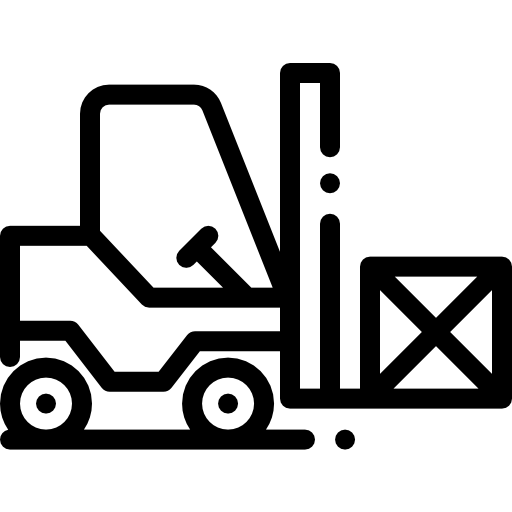

Industry in Germany and in Europe has long been focusing on its respective core competencies, even if this varies from company to company. Communication and logistics have advanced to such an extent that companies of all sizes now buy globally. Supplier companies producing in Germany - especially for the automotive industry, which is undergoing radical change - must therefore face strong international competition. Top product quality at an attractive price is a basic requirement.
In addition, reliability, speed, but also flexibility as well as robustness against external influences are important in the supply chain in order to serve the supply networks optimally and to gain the decisive competitive advantage. Large customers in particular often have requirements in terms of logistical specifics and integration into IT processes for communication and control.
